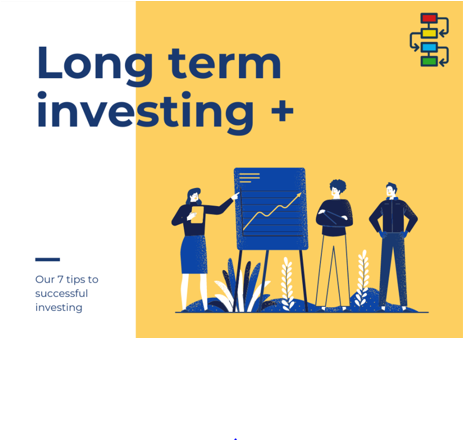Find a qualified and reputable adviser.
The value of financial advice is sometimes difficult to quantify. In some cases, the “value” of financial planning is defined by each individual client. It is easy to assume that a client with the education, knowledge, experience, and time could do some of what a financial adviser does. In which case the value of advice is based on how the client values his/her own time relative to paying for the advisor.
The cost of acquiring the education, building a reputation, requirement for continued professional development, regulatory burden, time, knowledge and experience shouldn’t be understated. The true purpose of financial planning is to help people improve their financial well-being, with strategies that enhance financial outcomes, it should be possible to measure the economic benefit of typical financial planning strategies.
Avoid posturing as the cost of delaying could be expensive.
It is important to start saving as soon as you can for a number of reasons Albert Einstein once called compound interest the 8th wonder of the world “He who understands it, earns it. He who doesn’t, pays it”.
An example

- Assuming an investment growth of 7%, a fund charge of 1% (stakeholder contract), the contribution remains level with no indexation or increase in line with inflation. Please bear in mind investment may grow at a higher or lower rate. The 7% is purely for illustrative purposes.
The outcome of delaying for 5 years, 10years or 15 years is significant

Diversification of your portfolio
We cannot control everything. So, in an uncertain environment it becomes even more important to understand ways of managing risks in case the unexpected happens. Putting all your investment (nest) eggs in one basket can be risky. Spreading your investments across different products and areas makes you less dependent on any one asset.
Diversification is choosing different kinds of investments across a range of markets that don’t rely on the same things to do well at any one time. By diversifying your investments, you can smooth out the effects of one performing badly, while still reaping rewards when others do well.

Resist Chasing past performance
Some adviser and investors select funds based on their past performance. Yet, past returns offer little insight into a fund’s future returns. For example, most funds in the top quartile (25%) of previous five-year returns did not maintain a top‐quartile ranking in the following five years.

There is no guarantee investment strategies will be successful. Past performance is no guarantee of future results.
This study evaluated fund performance over rolling periods from 2003 through 2022. Each year, funds are sorted within their category based on their previous five-year total return. Those ranked in the top quartile of returns are evaluated over the following five-year period. The chart shows the average percentage of top-ranked equity and fixed income funds that kept their top ranking in the subsequent period
Avoid timing the market
You never know which market sectors will outperform from year to year. What geographical areas or regions that will perform consistently. By holding a globally diversified portfolio, investors are well positioned to seek returns wherever they occur.

As you can see from the above . It is difficult to predict what market and potential returns.
Past performance is not a guarantee of future results. Diversification neither assures a profit nor guarantees against loss in a declining market
Manage your emotions
Many people struggle to separate their emotions from investing. Markets go up and down. Reacting to current market conditions may lead to making poor investment decisions. Benjamin Graham one of the forefathers of value investing once said “Individuals who cannot master their emotions are ill-suited to profit from the investment process”

Look beyond the headlines and latest fad.
Daily market news and commentary can challenge your investment discipline. Some messages from unqualified finfluencers (social media influencers) sometimes stir anxiety about the future, while others tempt you to chase the latest investment fad (a new cryptocurrency). When headlines unsettle you, consider the source and maintain a long‑term perspective.


Did you know from 1926 to Dec 2022. We have had 19 Bull markets over 988 months and 18 Bear market over 177 months. Do you need help with your investment decision? Please speak to one of our financial planners by completing the below

